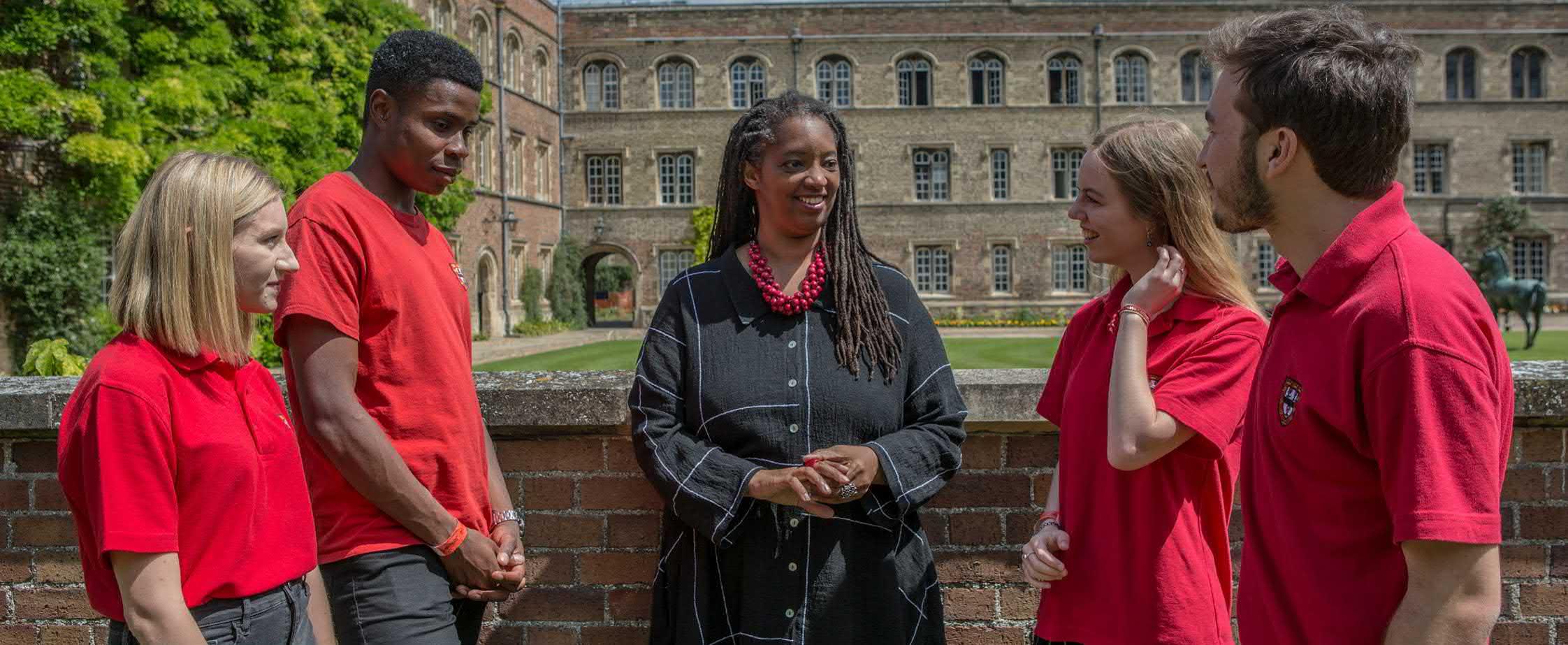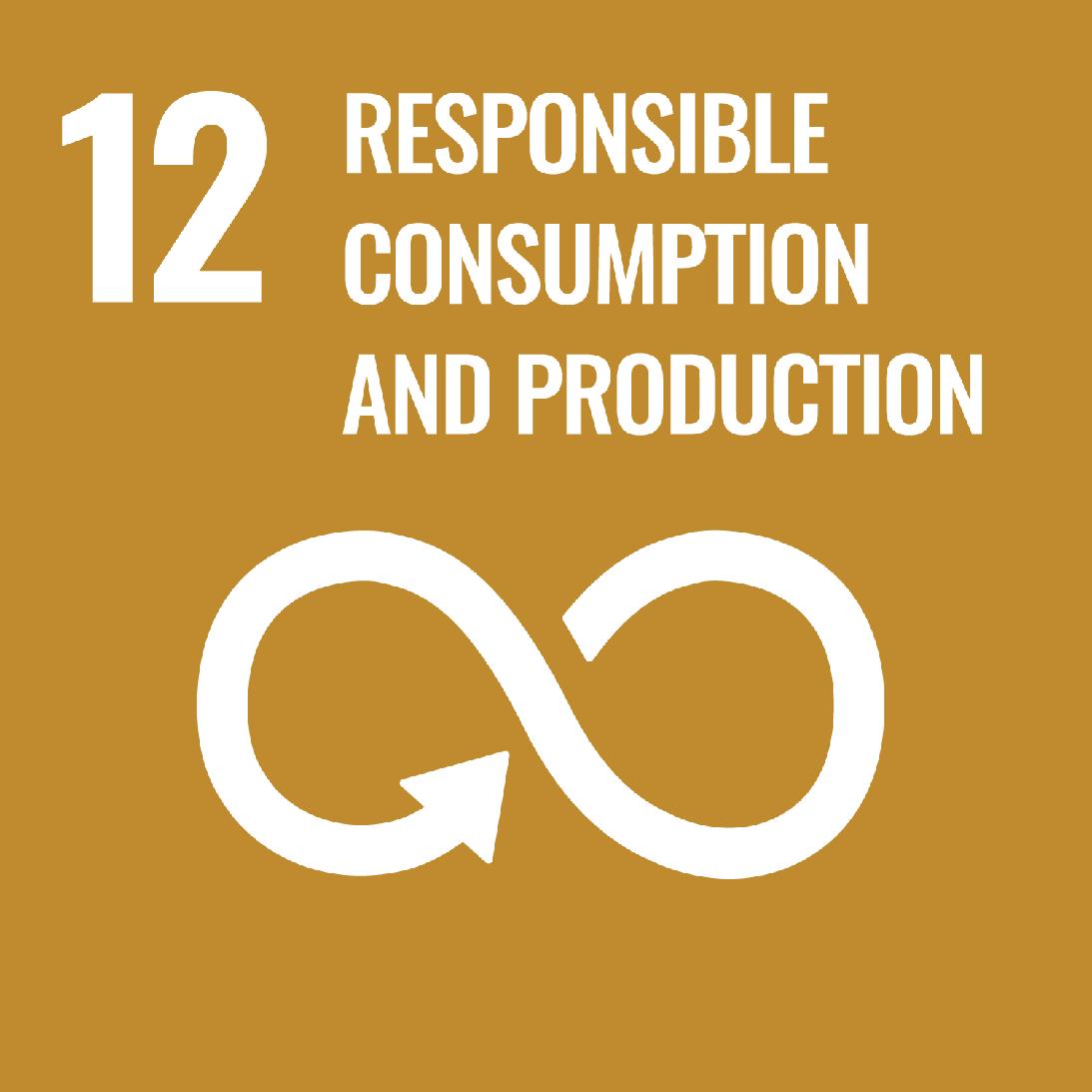SUSTAINABILITY STRATEGY
SDG 11: Sustainable cities and communities Cities and communities are hubs for ideas, commerce, culture, science, social development and much more. We want the people in our community to be able to live, learn and work in a healthy and sustainable environment.
Land
In addition to our plans for reducing GHG emissions through green energy, transport initiatives and building development, our green spaces benefit everyone in the College community in terms of mental and physical health. We enjoy a site of approximately 27 acres, with wildlife areas and an allotment.
The College gardens promote biodiversity and sustainability. They are home to over 600 mature trees and over 1,000 saplings, including oak, chestnut, ash, cherry, field maple, hawthorn, elder rose, blackthorn, dogwood and beech trees. Many of the plants flower annually, and the gardens team use greenhouses onsite to ensure bulbs are reused. Wildlife diversity is encouraged by the provision of bat boxes, bird boxes and hedgehog houses, the wildlife pond and selecting plants for the wildflower areas.
To date our focus has been on the main College site and adjacent properties. There is considerable scope for extending our impact further afield via the College’s property portfolio, by collective and collaborative improvements with other Colleges and local landowners.
Students enjoy the gardens and the wildlife areas. They say the woodland walk makes them feel relaxed and able to concentrate better on study, and they take their books to the orchard to read. The gardens are open to the general public, free of charge, whenever the College is open to visitors.
We are conscious of our responsibilities as a substantial landowner and property developer. As the College develops its land and property holdings in Cambridge and beyond, it will be important to apply rigorous sustainability targets. We are committed to enhancing the College’s reputation as a forwardthinking landowner and custodian of the environment.
Most garden waste is recycled as compost. The College produces at least 10 tonnes of compost per year. A new and larger compost facility, completed in March 2021, is expected to triple this amount. Dead wood is chipped and spread on garden paths or is added to stick piles to encourage wildlife. From 2021, the potting compost will be entirely peat-free, which is better for the environment and for the long-term health of the soil.
What have we done so far? Fabric The maintenance team at the College is careful to reuse, repurpose or recycle everything removed from properties, including chairs, curtains, radiators, furniture and even toilets. When these cannot be reused in the College, local charities are pleased to take them. It is estimated that as many as 25 beds a year are donated to charities including the British Heart Foundation, Emmaus and Jimmy’s Night Shelter. Property maintenance includes fitting automatic door closers wherever possible to improve heat retention, installing insulation, fitting double or secondary glazing to windows, and fitting LED lights and automatic light switches wherever possible. Properties are fitted with Eco Plus boilers when they are replaced, and have loft insulation. We have posted signage in every property, encouraging occupants to turn lights and computers off when they leave the room, to close the windows and to turn down the heating. 12












